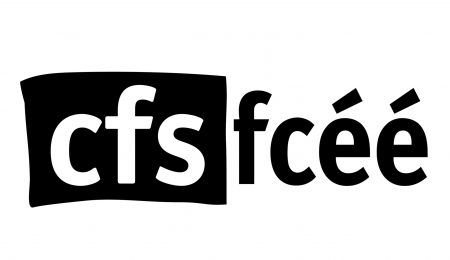Registration woes frustrate even the most dedicated athletes
IN THE GENERATION of online shopping, direct deposits, and automatic payments, who has the time to whip out their bank card and stand in line for over an hour to purchase a product or service? Captains wishing to sign up an intramural team, that’s who—not that they really have a choice.
Registration has always been a challenge for the intramural program at the U of O. With a total of 5,800 participants and a 100 per cent registration capacity in the past year, it’s not an efficient process for staff and students alike.
The problem lies with team registration. Whereas individual registration can be completed online, team registration must be done in person at Montpetit Hall.
Software limitations and the school’s privacy act are behind this discrepancy, explained program manager Michel Drapeau. Currently the software does not allow individuals to request to be on a certain team, meaning captains would have to access each teammate’s personal information in order to register online. Players must also sign a consent waiver upon registering, which is not possible over the Internet.
Instead, captains are asked to present themselves in person at Montpetit Hall in order to sign up their teams, which creates Harry-Potter-release-esque line ups on the first day and has even led to teams camping out to guarantee a spot.
Travis Davidson, a second-year master’s student studying human kinetics who has played on 39 intramural teams in five years, is among one of those who has camped out overnight.
“At the time, I was not well prepared for the event,” admitted Davidson in an email to the *Fulcrum*. “A couple of the soccer players [and] hockey players were very well prepared. Air mattresses, taking turns waiting, laptop full of movies, and all the snacks you could imagine.”
Over the years, Sports Services has discouraged this practice. In order to avoid lineups in some years, they have gone so far as to minimize the promotion for the registration period.
“But then you’re not being transparent,” declared Drapeau about Sport Service’s actions.
Although a tedious process, Drapeau explained that registration has been running smoothly for the past two years. Students have also noticed this change.
“In the first years you’d have to camp out overnight, because there’s that many people,” explained Ben Howe, a first-year master’s student studying public and international affairs and goalie on the Ramrod hockey team. “Now … the day of [registration], you walk in with your team list and submit the forms, so that’s much easier.”
There are also certain ways to work around the inconvenience of having to submit a full roster prior to the start of the fall semester. Davidson suggests that captains get the minimum amount of players to sign waivers, even if these individuals don’t intend on playing.
“It doesn’t cost anything to add players,” he explained. “So you can [give] the captain’s name and then get seven of his friends to agree to sign a form to register the team right away—then hunt down the actual team members in the following weeks.”
Despite the woes of the registration period, which sometimes “builds a certain amount of bitterness between the students and the university when your team is not accepted” according to Davidson, both students admit that there are advantages to playing intramurals.
“It’s cheaper, much cheaper, [than a men’s league in the city],” revealed Howe. “You also get to play with your university friends, and it’s a good way to meet other university students.”
Davidson agrees it is a great way to be social and get active. He points out the close proximity to playing venues on-campus, making the leagues accessible to a lot of the students.
“Intramurals [are] a great way to get out of the house, release some stress from studying, hang out with friends, and play a sport that you enjoy. I think most university students should find at least one intramural sport for them.”




